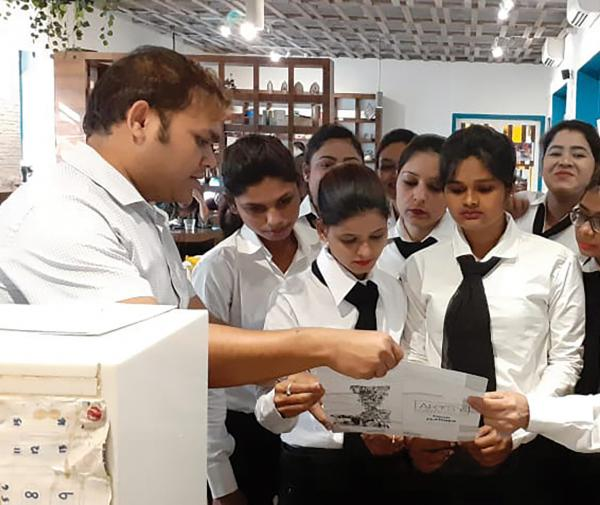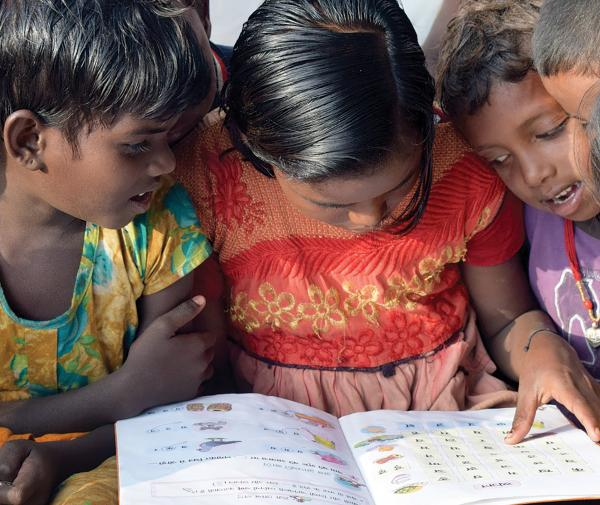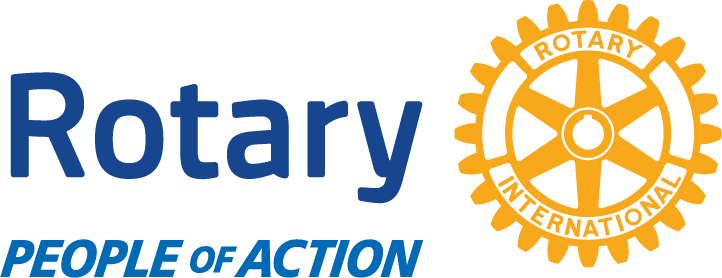

Long before he became Rotary International’s president, Shekhar Mehta was known for setting ambitious goals.
His reputation for successfully tackling difficult problems is why, in 2014, former RI president Kalyan Banerjee asked him to lead an effort to make India fully literate — a goal that has eluded the Indian government as well as many NGOs.
“I realized making a country literate is no easy task,” says Mehta, who defines full literacy as an overall rate of 95 percent or above for those aged 7 and up. (The government of India estimates India’s current literacy rate among that group at 78 percent.) “But I strongly believe in Gandhi’s view that if you find the goal, the means will follow.’”
An accountant and real estate developer, Mehta didn’t enter the endeavor with any experience in education. “I had no clue, no background in education at all,” he says. He spent about nine months learning from experts before founding the Rotary India Literacy Mission (RILM), a nonprofit that aims to strengthen and standardize Rotary clubs’ literacy initiatives across India.
To accomplish this, RILM created a program of service projects that it encourages clubs across India to take on with the nonprofit’s support and mentorship. The projects are built around the acronym TEACH, which stands for teacher support, e-learning, adult literacy, child development, and happy schools (which focuses on infrastructure improvements). “We think every school should be a school where our own children would be happy to study,” says Kamal Sanghvi, who was an RI director from 2019 to 2021 and chairs RILM now that Mehta is RI president.
Click here to read the full story: Words for the future | Rotary International

